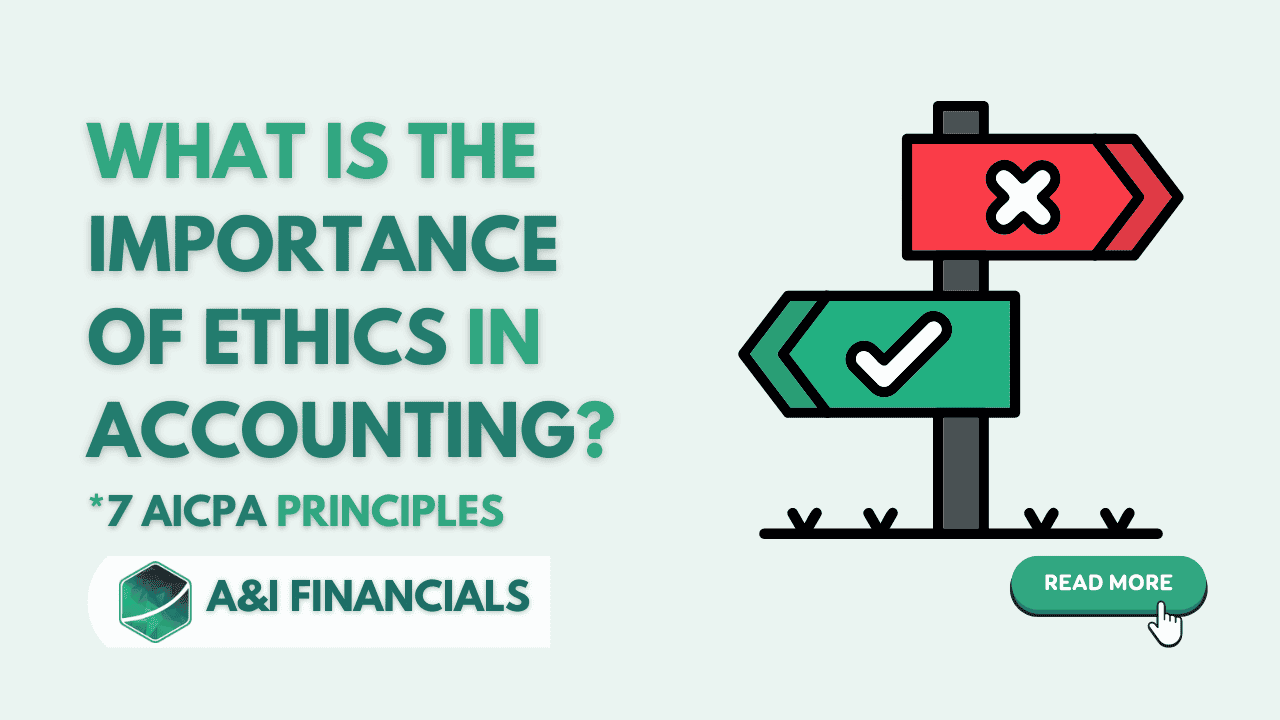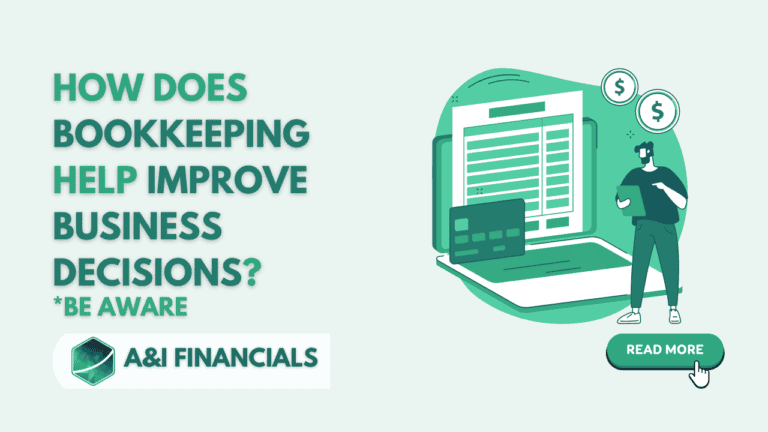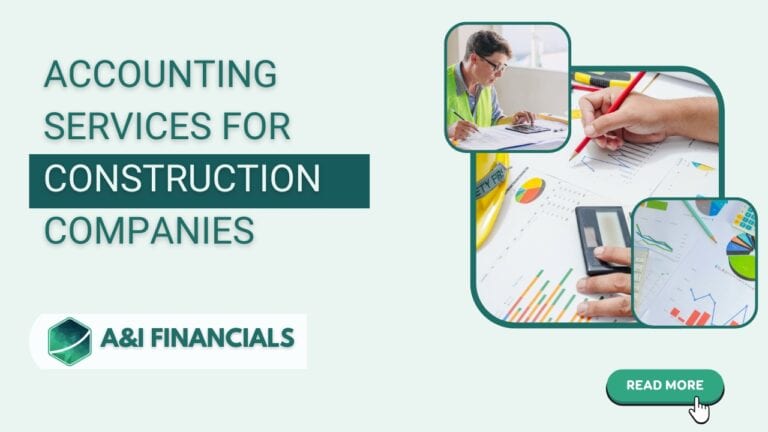What Is the Importance of Ethics in Accounting? 7 AICPA Principles
Ethics in accounting is more than just a set of rules. It’s about doing what’s right even when no one is watching. When we talk about ethics in accounting, we’re referring to the moral principles that guide professional behavior. These principles are the backbone of trust, which is the foundation of the entire accounting profession. Without ethics, the numbers don’t mean much, and neither does the profession. But why is ethics so important in accounting? Let’s dive in.
Why Ethics Matter in Accounting
Imagine you’re a business owner. You rely on financial statements to make decisions about the future of your company. These numbers tell you whether you’re making a profit, if you need to cut costs, or where you should invest more. Now, what if those numbers were manipulated? What if the accountant wasn’t adhering to ethical standards? Your entire business could collapse. That’s how serious it is. Ethics in accounting ensures that financial information is accurate, transparent, and reliable.
Accountants handle sensitive financial information. They are trusted to report on this data accurately, following generally accepted accounting principles (GAAP). When there’s an adherence to ethics, businesses, investors, and even governments can rely on the financial reports they receive. When there’s a lack of ethics, things fall apart quickly—think of the major financial scandals we’ve seen in history.
Ethics: The Cornerstone of Trust in the Accounting Profession
The accounting profession is built on trust. If clients can’t trust their accountants, they won’t feel comfortable sharing their financial information. More importantly, investors and stakeholders lose confidence, which can have devastating effects on markets and economies.
For example, when accounting firms or professional accountants engage in unethical practices, such as falsifying numbers, hiding debts, or over-inflating assets, they break the trust of everyone involved. This doesn’t just hurt the business in question; it can ripple out and affect entire industries. Just look at the Enron scandal, where poor ethics led to one of the biggest financial collapses in history.
Why Professional Judgment Is Crucial
A big part of ethics in accounting comes down to professional judgment. Accountants often face ethical dilemmas, where the right choice isn’t always crystal clear. This is where their training, experience, and knowledge skills and expertise to perform their duties come into play.
When faced with a conflict, a professional accountant must consider the code of ethics and use their professional competence and due care to make the right decision. For example, what do you do if your boss asks you to “adjust” the numbers to make the company look better? This is where ethics comes into play. It’s about making tough decisions and sticking to the principles even when it’s uncomfortable or might lead to personal disadvantages.
Ethical Dilemmas: What Would You Do?
Let’s consider a real-life situation. Imagine you’re working for a company, and the CFO asks you to misrepresent the company’s earnings to attract investors. On one hand, doing so might make the company look more profitable and could lead to a promotion for you. On the other hand, it’s a blatant violation of the ethical code you swore to uphold.
This type of situation is more common than you might think. Accountants are often put in positions where they must choose between their job security and doing the right thing. This is why ethics is so vital in accounting. Without a strong moral compass, it becomes all too easy to justify bending the rules.
Ethical behavior is about always making the right decision, even if it’s hard. It’s about avoiding conflicts of interest and making sure that personal gain never gets in the way of professional responsibility. When accountants don’t follow ethical guidelines, the consequences can be catastrophic, both for their careers and for the organizations they serve.
The Role of Ethics in Financial Statements
At the core of accounting is the preparation of financial statements. These documents provide a snapshot of a company’s financial health. They are used by business owners, investors, creditors, and even the government to make critical decisions. Without ethics, these financial statements can’t be trusted.
When accountants follow professional behavior and ethical guidelines, they ensure that financial reports are accurate and transparent. This is vital for decision-making. If a company’s financial statements are inaccurate, it could lead to poor decisions, like over-borrowing, under-investing, or even legal consequences. Ethics prevents these issues by ensuring that everything is reported honestly and fairly.
Unethical Practices in Accounting: A Recipe for Disaster
There’s no shortage of examples where unethical behavior in accounting led to disaster. From unethical practices like falsifying documents to misrepresenting financial data, these actions can devastate companies and entire industries. Not only does this behavior destroy trust, but it also leads to severe legal consequences, including hefty fines and prison sentences.
Consider the case of Lehman Brothers, a financial services firm that collapsed during the 2008 financial crisis. Part of the reason for their downfall was unethical accounting practices. By hiding billions in debts, they were able to inflate their financial health, leading investors to believe the company was in better shape than it was. When the truth came out, the company collapsed, and so did the confidence in financial markets.
Ethics in Accounting Firms: A Culture of Integrity
Ethics isn’t just the responsibility of individual accountants. Accounting firms also play a huge role in fostering an ethical culture. Firms that prioritize ethics create an environment where honesty and integrity are valued above all else.
It’s essential that these firms provide regular ethics training to their employees, helping them understand the importance of ethics and how to handle ethical dilemmas. When a company prioritizes ethics, it sets a standard that every employee must follow, creating a culture of accountability and responsibility.
7 AICPA (American Institute of Certified Public Accountants) Principles
Here are the 7 AICPA (American Institute of Certified Public Accountants) principles:
- Responsibilities Principle
Accountants are expected to exercise sensitive professional and moral judgment in all their activities. This principle emphasizes that professionals must take responsibility for their actions and maintain integrity in every decision they make.
- The Public Interest Principle
Accountants have a duty to serve the public interest, which means their ethical decisions must benefit not only the client but society at large. This includes providing accurate financial information that helps maintain trust in the financial markets.
- Integrity Principle
Integrity is about being honest and forthright. Accountants should never engage in practices that deceive others or mislead stakeholders. It’s about doing the right thing, even when it’s difficult.
- Objectivity and Independence Principle
Accountants must remain unbiased and avoid any conflicts of interest. Independence ensures that professionals can provide opinions and make decisions free from outside pressures that might influence their objectivity.
- Due Care Principle
Accountants must perform their duties with the highest level of professionalism and competence. This means continually improving their knowledge and skills to provide the best service possible while adhering to ethical standards.
- Scope and Nature of Services Principle
When delivering professional services, accountants must always follow the ethical standards of the profession. They need to ensure their services align with established accounting principles and meet the ethical obligations expected from a CPA.
- Confidentiality Principle
Accountants must keep all sensitive information private unless authorized or legally required to disclose it. This principle ensures that clients can trust accountants with critical financial information without fear of it being misused.
The Code of Ethics: A Guiding Light
Every accountant should be familiar with their code of ethics. This code isn’t just a set of rules; it’s a guiding light for making decisions in difficult situations. The code of ethics covers everything from confidentiality to integrity, professional competence, and how to handle conflicts of interest.
For instance, accountants are expected to keep sensitive financial information confidential. This means that no matter how tempting it may be to share insider information with others, an ethical accountant knows that doing so would violate the trust placed in them. By following the code, accountants can ensure that they are acting in the best interest of their clients, their firm, and society at large.
Adherence to Ethics: A Continuous Commitment
It’s one thing to know about ethics, but it’s another to practice it daily. Adherence to ethics means that accountants must continuously commit to doing the right thing. This involves ongoing training, staying up-to-date with generally accepted accounting principles (GAAP), and being willing to speak up when something isn’t right.
For accountants, ethical behavior isn’t just about avoiding scandals. It’s about building a reputation for trustworthiness, competence, and professionalism. When accountants adhere to ethical standards, they protect not only their careers but also the integrity of the entire profession.
Conclusion: The Long-Term Importance of Ethics in Accounting
So, what is the importance of ethics in accounting? It’s the foundation of trust, the bedrock of transparency, and the guiding force that ensures accountants act in the best interests of everyone involved. Without ethics, the entire system falls apart. Financial reports can’t be trusted, decisions are made on false pretenses, and businesses collapse.
For an accountant, ethics isn’t just a one-time consideration. It’s a lifelong commitment to integrity and professionalism. The decisions accountants make today affect the financial health of businesses, the livelihood of employees, and the trust of investors. That’s why ethics in accounting is more than just important—it’s everything.
In the end, accountants who follow ethical principles will find that they not only build better careers but also contribute to a more stable and trustworthy financial world. Ethical behavior is the backbone of the accounting profession, and without it, the numbers are meaningless.






